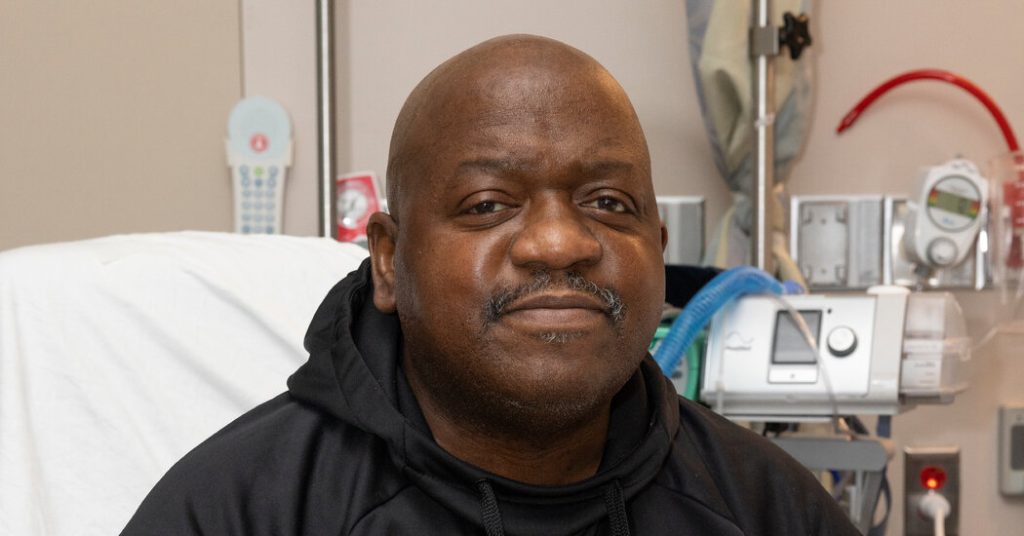Richard “Rick” Slayman, the first person to receive a kidney from a genetically modified pig, has passed away at the age of 62, about two months after the groundbreaking procedure was performed at Massachusetts General Hospital. Despite his death, the hospital stated that there was no indication that it was directly related to the transplant. Mr. Slayman, who was Black, suffered from end-stage kidney disease, a condition that disproportionately affects Black individuals. With over 800,000 people in the United States affected by this disease and nearly 90,000 on the national waiting list for a kidney, the need for organ donations far exceeds the available supply.
Having received a human kidney in 2018 which began to fail in 2023, Mr. Slayman developed congestive heart failure leading his doctors to suggest the unconventional option of a genetically modified pig kidney. In March, Mr. Slayman expressed his hope that this procedure would not only help him but also provide hope for the thousands of people awaiting a transplant to survive. The surgery, which lasted four hours, was a significant milestone in the field of xenotransplantation, a method that proposes using animal organs as replacements for ailing human organs. One of the main challenges in xenotransplantation is the rejection of animal tissue by the human immune system, often leading to serious complications. Recent advancements in genetic engineering have enabled researchers to modify animal organs to be more compatible with human recipients.
The pig kidney transplanted into Mr. Slayman was engineered by eGenesis, a biotech company based in Cambridge, Massachusetts. Researchers at eGenesis removed three genes and added seven others to enhance compatibility with the human body. Additionally, they inactivated retroviruses that pigs carry, which could be harmful to humans. In a statement on social media, eGenesis praised Mr. Slayman as a true pioneer whose courage has paved the way for current and future patients suffering from kidney failure. Two weeks after the surgery, Mr. Slayman was discharged from the hospital with a clean bill of health, describing it as one of the healthiest periods he had experienced in a long time.
Mr. Slayman’s family described him as kind, quick-witted, and fiercely dedicated to his family, friends, and co-workers. They found great comfort in knowing that his case had inspired and provided optimism to many people. His story has reached millions worldwide, offering hope to patients awaiting transplants. Despite his passing, Mr. Slayman’s impact on the field of organ transplantation is significant, as his pioneering spirit has opened new possibilities for individuals suffering from kidney failure. As the medical community continues to explore xenotransplantation and genetic modifications, his legacy lives on as a beacon of hope for the future of organ transplantation.







